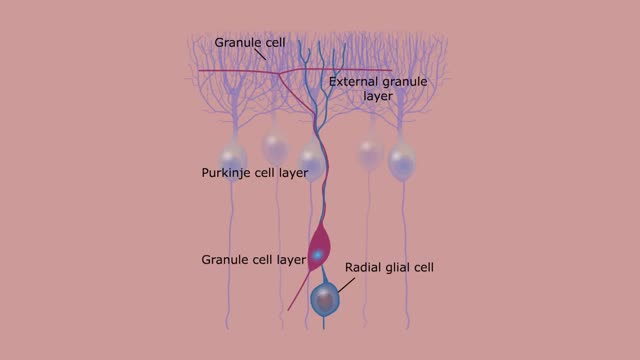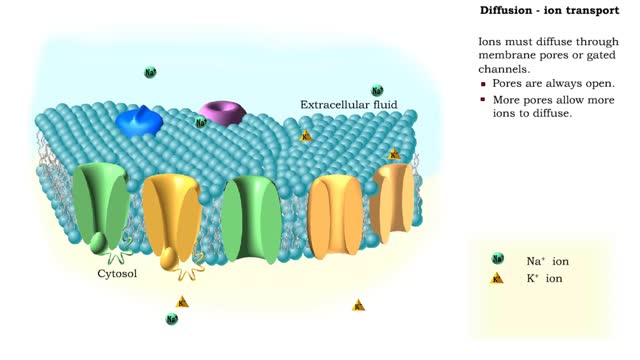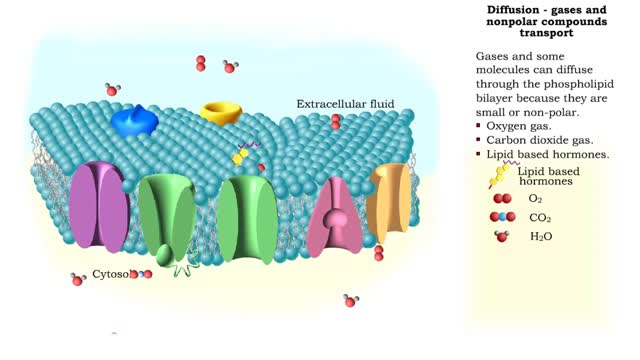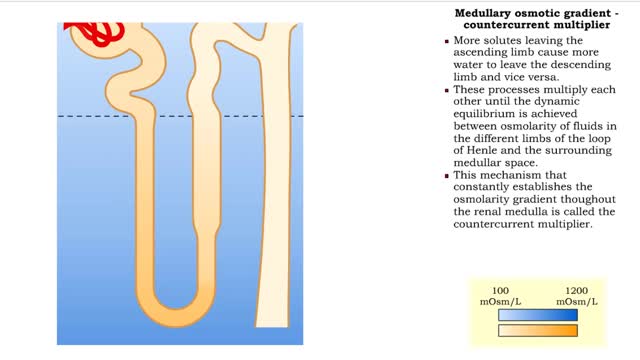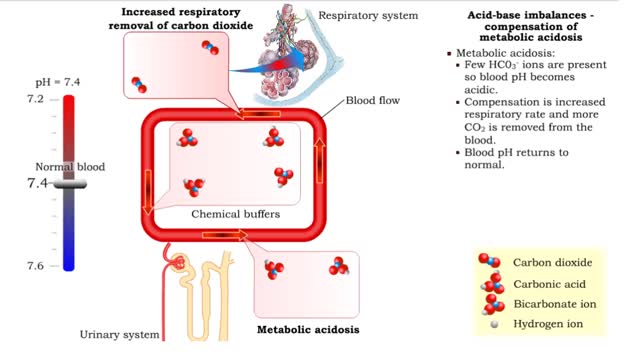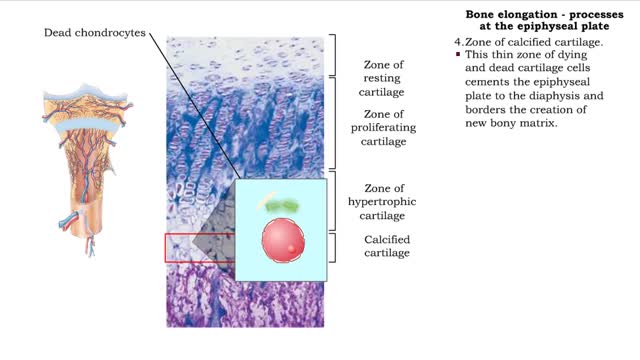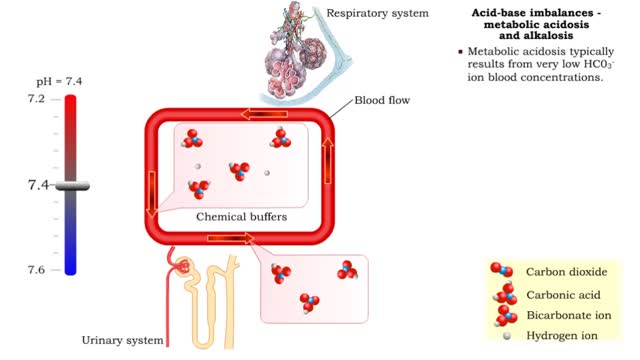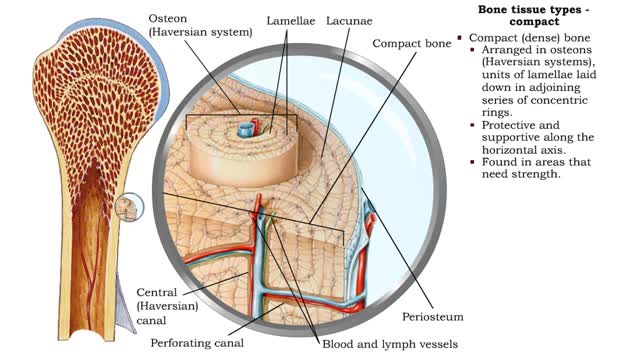Search Results
Results for: 'renal processes'
Cavernous Sinus Larynx Middle Ear Orbit: Granulesm Animation
By: HWC, Views: 10490
The cavernous sinuses are located within the middle cranial fossa, on either side of the sella turcica of the sphenoid bone (which contains the pituitary gland). The cavernous sinuses, a rich plexuses of veins that surround the internal carotid arteries, lie lateral to the pituitary fossa. Ant...
Simple Diffusion - Ion transport
By: HWC, Views: 11228
In the process of diffusion, a substance tends to move from an area of high concentration to an area of low concentration until its concentration becomes equal throughout a space. Ions must diffuse through membrane pores or gated channels. Pores are always open. More pores allow more ions...
By: Administrator, Views: 14060
Kidney stones (renal lithiasis, nephrolithiasis) are hard deposits made of minerals and salts that form inside your kidneys. Kidney stones have many causes and can affect any part of your urinary tract — from your kidneys to your bladder. Often, stones form when the urine becomes concentrate...
Simple Diffusion - gases and nonpolar compounds transport
By: HWC, Views: 11726
Gases and some molecules can diffuse through the phospholipid bilayer because they are small or non-polar. Oxygen gas. Carbon dioxide gas. Lipid based hormones. Plasma membranes are selectively permeable: The lipid bilayer is always permeable to small, nonpolar, uncharged molecules ...
By: HWC, Views: 11998
▪ The primary cause of the medullary osmotic gradient is the active transport of solutes. • In the ascending limb of the loop, active transport of Na+ ions drives passive reabsorption of Cl- ions. • Addition of these ions to the interstitial fluid of the medulla increases its osmolarity...
Acid-base imbalances - compensation of metabolic acidosis and alkalosis
By: HWC, Views: 11389
1. Metabolic acidosis: • Few HC03- ions are present so blood pH becomes acidic. • Compensation is increased respiratory rate and more CO2 is removed from the blood. • Blood pH returns to normal. 2. Metabolic alkalosis: • Many HC03- ions are present so blood pH becomes alkaline...
Bone elongation - processes at the epiphyseal plate
By: HWC, Views: 11360
• Interstitial lengthening occurs in only certain bones, primarily those of the appendages. • Such lengthening takes place at the epiphyseal plate, a layer of hyaline cartilage in the metaphysis of a growing bone. 1. Zone of resting cartilage. • Consisting of a hyaline cartilage pa...
Acid-base imbalances - compensation of respiratory acidosis and alkalosis
By: HWC, Views: 11443
• When one pH balancing system is affected then the other balancing system attempts to correct, or compensate for, the pH imbalance. - Respiratory acidosis: • Excessive CO2 is present so blood pH becomes acidic. • Compensation is increased secretion of H+ into urine and reabsorption ...
Bone tissue types - compact and spongy
By: HWC, Views: 11201
Bone tissue types • There are two types of bone tissue: compact and spongy. • All the bones of the skeleton have both kinds of bone tissue. • Compact (dense) bone • Arranged in osteons (Haversian systems), units of lamellae laid down in adjoining series of concentric rings. • P...
Advertisement



